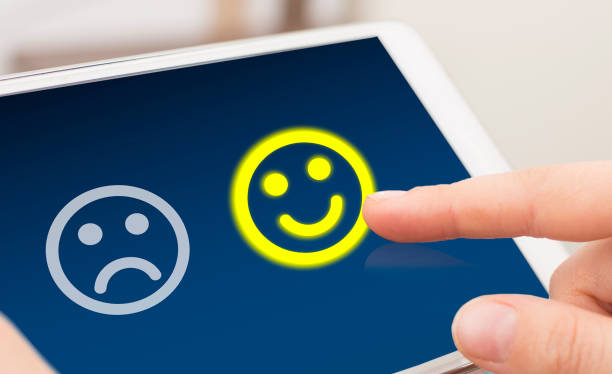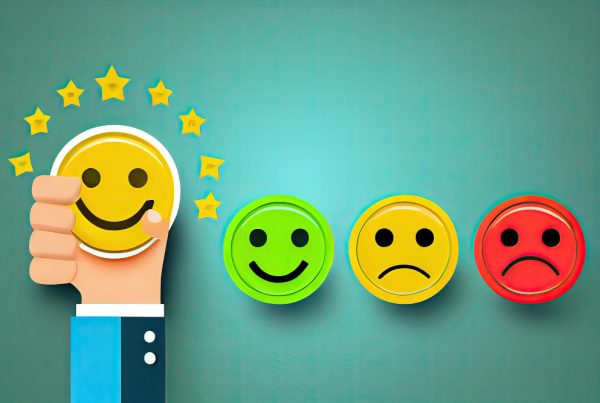A recent study by the Stanford Social Innovation Review divulged something surprising. In the modern era where you can find customer feedback everywhere and immensely benefits the for-profit world, both the doers and donors within the social innovation sector fight hard to understand the preferences plus experiences of those they seek to help: the customer.
“Unlock the power of your customer feedback with piHappiness❤! 🚀
Dive in and see how our tools can elevate your business today!
To understand clearly, social innovators look forward to understanding what their clients need. The survey examined and found almost 90% of the respondents reporting that collecting feedback was one of the priorities towards measuring and realizing the impact. But, hardly 13% of the businesses were using it as one of the key sources of insight towards making services better. Some two-thirds of the businesses were of the opinion that low staff capacity along with resources was the main hurdles to implementing a customer feedback system.
The figures mentioned clearly indicate that the main issue is not the dearth of will, but the feasibility factor. This could partly be because of the trend observed in our actions – the investors not ready to pay for means of gathering feedback. Also, using customer feedback software has been strongly making fun of amongst stakeholders in non-profit measurement as one soft approach, categorically compared to the randomized controlled trials that third parties conduct.
However, the trends are changing as we are more of the human-centered pattern. Today customer feedback apps are emerging as the smart complement in measuring outcomes. Angel investors, venture capitalists, and other funding agencies have developed certain tools based on Net Promoter Score. Almost 200 and more non-profits are readily working to implement customer surveys to understand what is working and what isn’t. They say that these customer feedback apps work in serving people having the risk of being homeless, for those using food banks to make up for their daily needs, people having disabilities, etc. These tools are being found to have huge significance in those areas where huge power imbalances between the beneficiaries and funders can make the customer’s voice go unheard.
However, there are many more cost-efficient customer surveys that can gather accurate beneficiary input. Also, in the public health domain, techniques of reflective listening are enabling doctors to make connections with their patients and easing the latter f their tensions. There were two main benefits observed by gathering this kind of feedback.
Giving the clients a comforting space
When evaluating some of the customer survey tools, it was found that in organizations that used feedback collection software, 63% were already making alterations to the program offers and 45% were readily making changes in their operations. The entire effort was undertaken to shower higher respect to the client’s experiences and preferences. Furthermore, 31% are already offering new services.
All these changes, on the basis of feedback, efficiently give beneficiaries a position at the decision table. This is a simple method of boosting the belief of the beneficiaries in self-advocacy.
It helps the staff perform better at their jobs
Most of the corporate is bringing changes towards their staff-clients conversations, like survey, core groups of focus, and several other tools produce different ideas to innovate. By exchanging ideas with clients can help in building two-way relationships and can reduce employee attrition, boost joy, and make giving service to others sustainable.
Some companies now swear in the name of customer service and say that they have completely changed ever since they began soliciting feedback and bringing it to a close loop. They say their staffs are happier now and their stakeholders and customers too are happier.
Committing as one business to collect, then interpret, and finally respond to customer feedback makes the lives of the employees better. This is because customer feedback software can provide not only service but excellent service.
When businesses get into the practice of intentional listening, they dignify the lives of those who have been heard. They are of the opinion that using feasible tools for collecting customer feedback, which is widely available but often missing parameter in social businesses can make all of us wiser.
Conclusion:
The life of a business can be as small or as big depending upon the kind of customer service it provides. Based on the type of customer dealings and how interactive they have been with the customer, the status of the business can be gauged. There are several customer feedback software that provides excellent customer inputs. Applications like NPS and the Likert Scale of asking questions are just two of these. Advance software is creating waves in the business enabling them to gather what is best for the customers, taking direct inputs from them. Only those businesses have been observed doing excellent in their product ideation and innovation which are taking customer surveys seriously. To think about it, in today’s world customer surveys and customer feedback are actually creating wonders in making business convert their revenue to the maximum returning excellent outputs.








